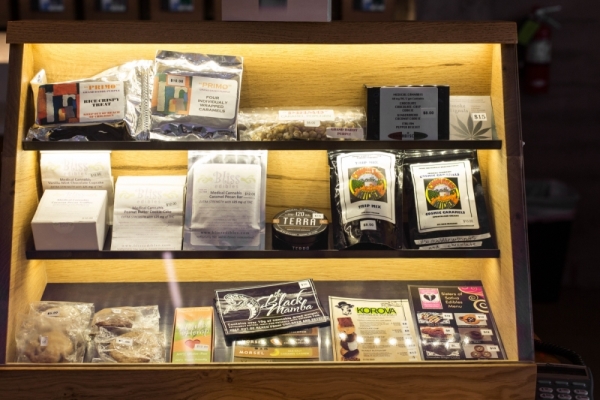
Advocates Applaud Murphy Administration for Acting Quickly to Expand the Long-Stalled Program
Trenton, New Jersey—(ENEWSPF)—March 27, 2018
Contact: Tony Newman
Today, Governor Phil Murphy announced steps to expand New Jersey’s long-stalled Medicinal Marijuana Program. The Governor acted quickly after taking office, issuing an executive order mandating the Department of Health to review the program and make recommendations for improvement. The announcement today is the result of this executive order.
The changes include:
- Five new qualifying conditions, including chronic pain related to musculoskeletal disorders, chronic pain of visceral origin (relating to the stomach), migraines, anxiety and Tourette Syndrome;
- Alternative Treatment Centers (ATCs) currently operating will be able to open satellite locations and an additional grow site in order to increase the supply of medical marijuana;
- Registration fees will be reduced from $200 to $100 for a medical marijuana card;
- All patients will be able to access edible forms of marijuana;
- The monthly limit will be raised from 2 ounces to 4 ounces;
- Patients will be able to register at more than one ATC.
Advocates applauded the Department of Health and Governor Murphy for the quick action.
“We want to thank Commissioner Elnahal and Governor Murphy for moving so quickly to expand the New Jersey Compassionate Use Medical Marijuana Act,” said Roseanne Scotti, New Jersey state director of the Drug Policy Alliance. “This action will help thousands of patients for whom medical marijuana is the best option for relieving their suffering and improving their quality of life.”
The Drug Policy Alliance led the campaign to pass the New Jersey Compassionate Use Medical Marijuana Act and has continued to work to see the program effectively implemented. The Drug Policy Alliance submitted a petition to the state’s Medicinal Marijuana Review Panel in support of adding chronic pain to the list of qualifying conditions.
The New Jersey Compassionate Use Medical Marijuana Act was signed by Governor Jon Corzine right before he left office in January 2010 due to advocacy by the Drug Policy Alliance and partners. Then incoming Governor Chris Christie was charged with implementing the law. Patients and advocates have criticized the slow implementation—eight years later the state has only five Alternative Treatment Centers where patients can access medical marijuana—and the burdensome regulations the Christie Administration promulgated.
Source: www.drugpolicy.org








